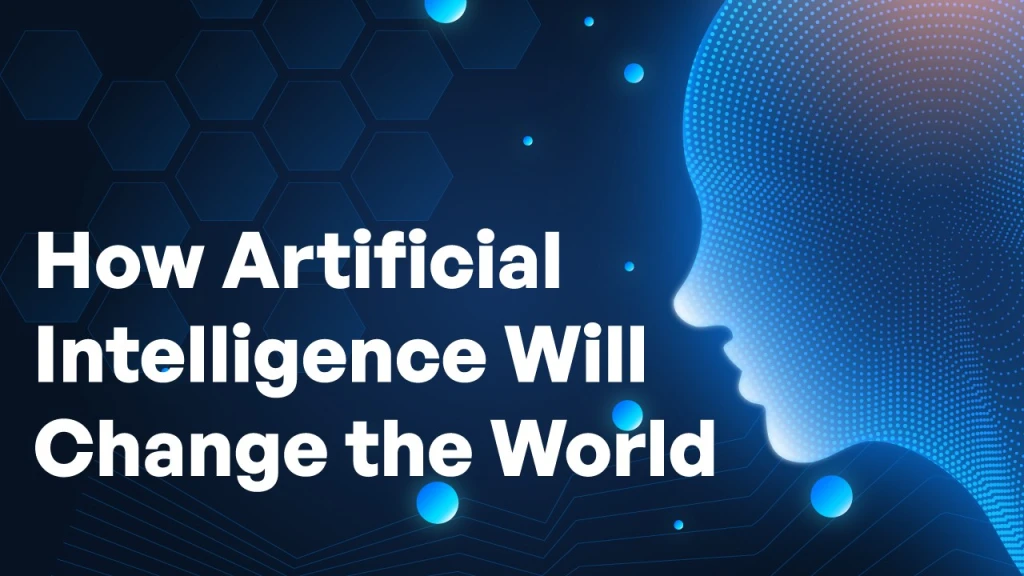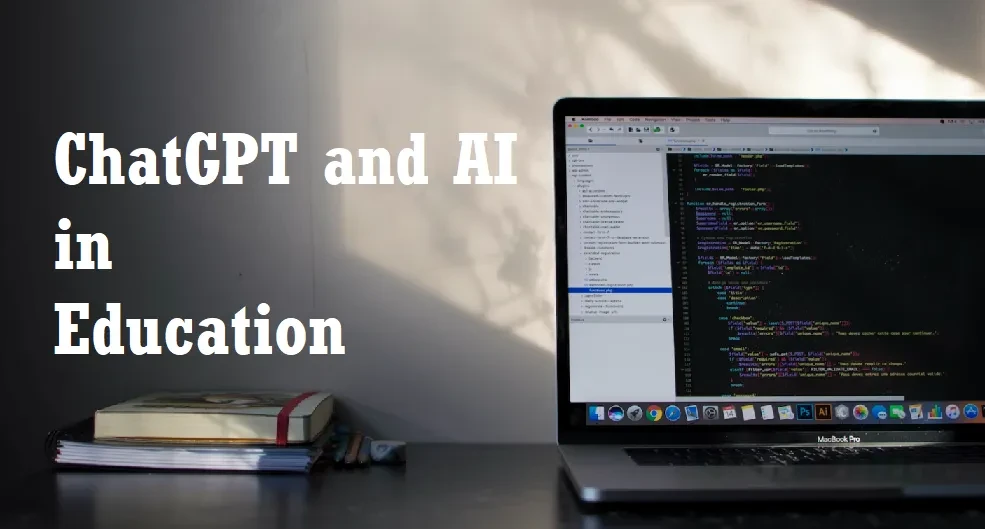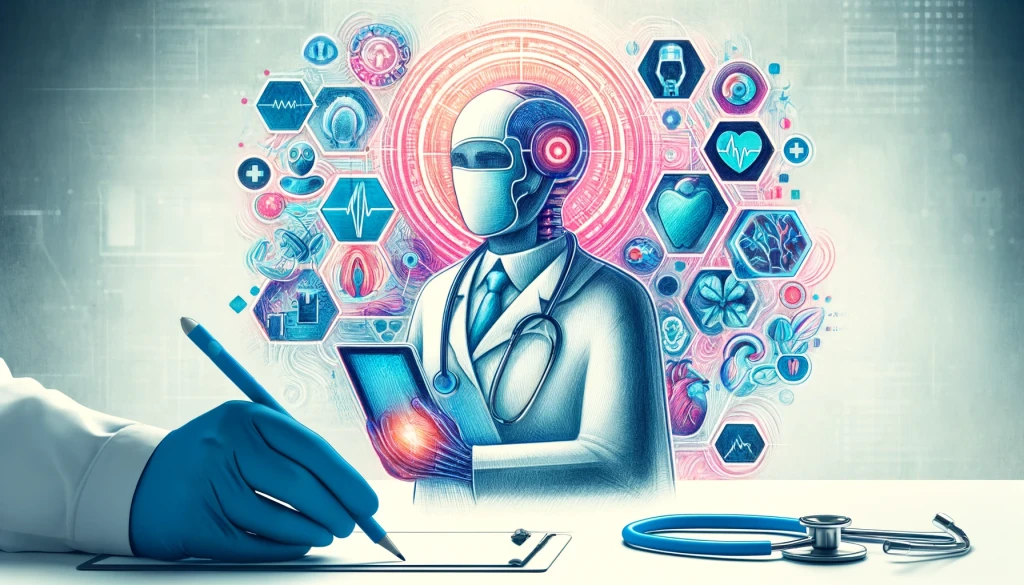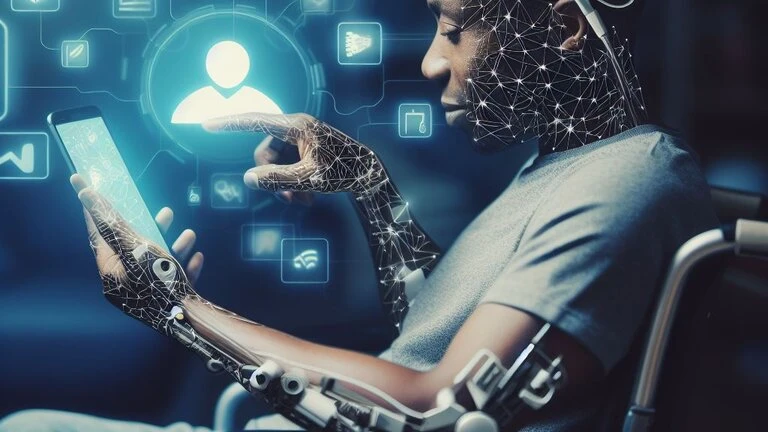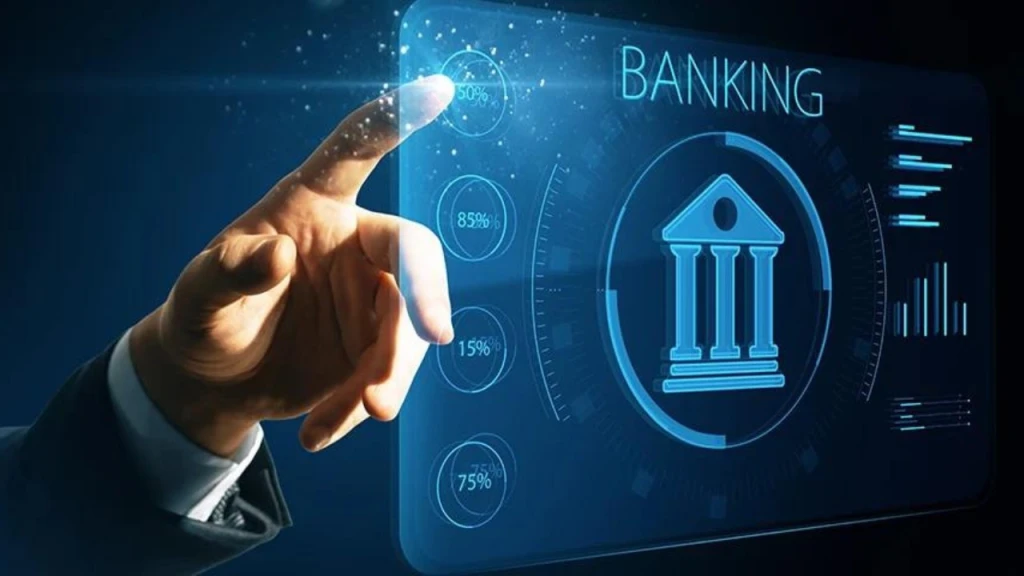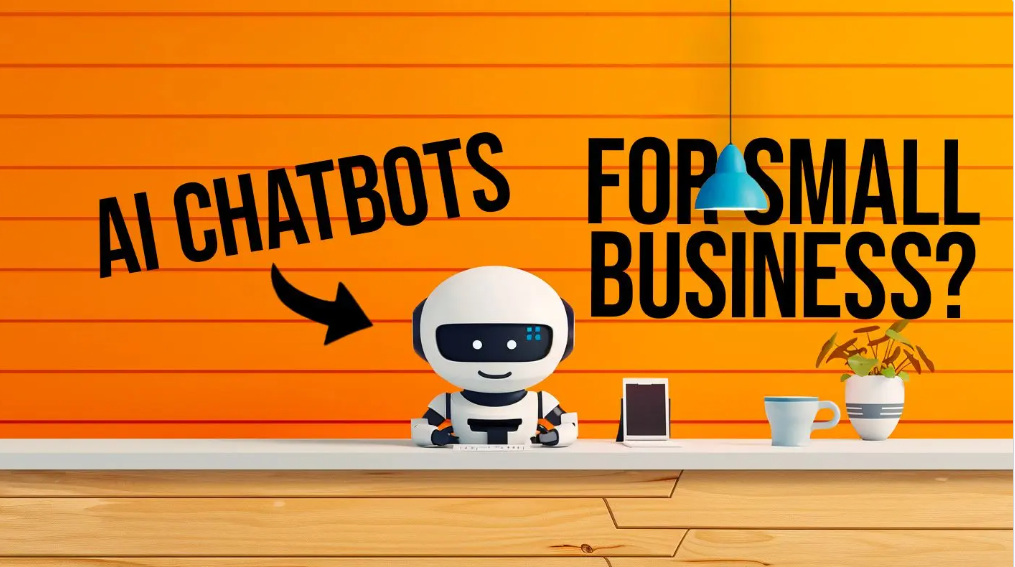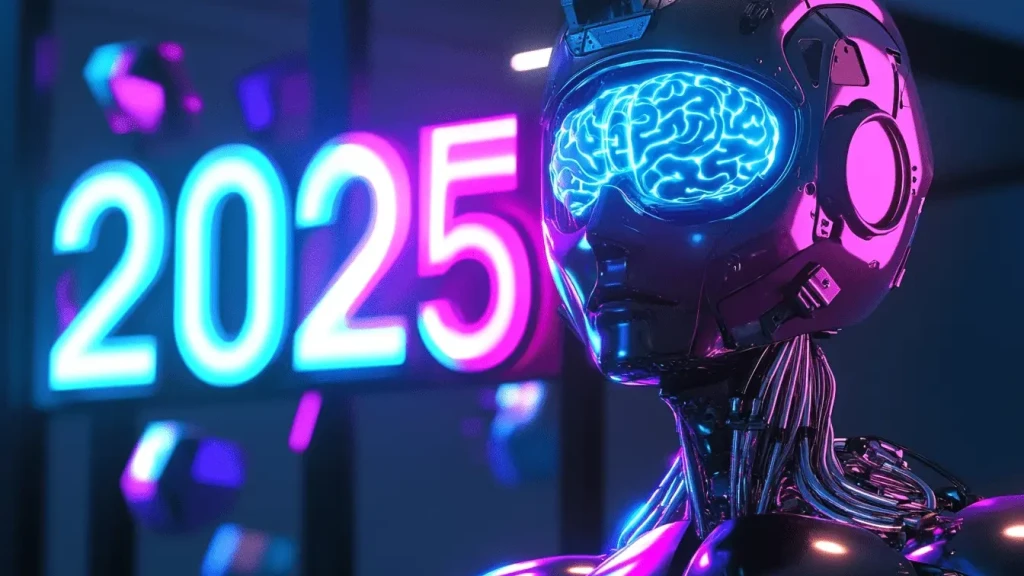Test AI on YOUR Website in 60 Seconds
See how our AI instantly analyzes your website and creates a personalized chatbot - without registration. Just enter your URL and watch it work!
1. Introduction: AI’s Positive Impact on Society
This blog explores the innovative ways AI is making a difference, reshaping industries, and contributing to a better future.
2. AI in Healthcare: Saving Lives and Advancing Medicine
1. AI-Powered Disease Detection and Diagnosis
AI-driven medical imaging assists in early detection of diseases like cancer and Alzheimer's.
AI algorithms analyze medical data to predict health risks and recommend preventive care.
AI chatbots provide instant health consultations and symptom analysis.
2. AI in Drug Discovery and Medical Research
AI accelerates drug development and vaccine discovery, reducing research timelines.
AI-driven simulations help scientists understand diseases and test treatment effects faster.
3. AI for Remote and Personalized Healthcare
AI-powered telemedicine enhances remote diagnosis and virtual consultations.
Wearable AI devices track heart rate, glucose levels, and physical activity for personalized healthcare.
3. AI in Education: Expanding Access to Knowledge
1. AI-Powered Personalized Learning
AI-driven platforms adapt lessons to individual student learning styles and progress.
AI tutors provide real-time feedback and support for struggling students.
2. AI for Accessibility in Education
AI-driven speech recognition and text-to-speech help visually and hearing-impaired students.
AI-powered translation tools break language barriers, providing multilingual education opportunities.
3. AI for Teacher Support and Administrative Automation
AI automates grading, scheduling, and administrative tasks, allowing teachers to focus on students.
AI-driven analytics help educators identify learning gaps and customize teaching strategies.
4. AI for Environmental Sustainability and Climate Action
1. AI in Climate Change Predictions and Disaster Management
AI-powered climate models predict weather patterns, hurricanes, and wildfires.
AI-driven early warning systems help governments prepare for natural disasters.
2. AI in Renewable Energy Optimization
AI enhances solar and wind energy efficiency, maximizing power output.
AI-powered smart grids optimize energy distribution and consumption.
3. AI in Wildlife Conservation and Environmental Monitoring
AI analyzes satellite images to track deforestation, pollution, and biodiversity loss.
AI-powered drones monitor endangered species and prevent poaching.
5. AI in Humanitarian Aid and Crisis Response
1. AI in Disaster Relief and Emergency Response
AI-powered drones deliver medical supplies and food to disaster-affected areas.
AI algorithms analyze crisis data to predict disaster impacts and improve response efforts.
2. AI for Refugee Assistance and Human Rights Protection
AI helps humanitarian organizations identify displaced populations and provide aid efficiently.
AI-driven facial recognition aids in family reunification for refugees and missing persons.
3. AI Against Misinformation and Online Harassment
AI detects and removes fake news, cyberbullying, and online threats.
AI-driven fact-checking platforms help combat misinformation and promote truthful reporting.
Test AI on YOUR Website in 60 Seconds
See how our AI instantly analyzes your website and creates a personalized chatbot - without registration. Just enter your URL and watch it work!
6. AI in Ethical Finance and Social Good
1. AI in Financial Inclusion and Smart Banking
AI-powered mobile banking enables underbanked communities to access financial services.
AI fraud detection helps prevent financial crimes and cyber threats.
2. AI in Philanthropy and Social Impact Investing
AI identifies high-impact projects and organizations for charitable giving.
AI-driven analytics measure social and economic progress in global communities.
3. AI for Smart Cities and Urban Planning
AI optimizes traffic flow, waste management, and public safety in smart cities.
AI-powered sustainability projects promote energy efficiency and clean transportation.
7. Challenges and Ethical Considerations in AI for Good
1. AI Bias and Fairness Concerns
AI models must be trained on diverse, representative datasets to prevent bias.
Transparent AI governance ensures fair decision-making in critical applications.
2. AI and Data Privacy
AI-driven solutions must comply with data protection laws (GDPR, CCPA, etc.).
Governments and organizations must ensure responsible AI data handling.
3. AI Access and Digital Divide
AI should be accessible to developing regions and underserved communities.
Global AI policies must support inclusive AI development and deployment.
8. The Future of AI for Good
1. AI-Driven Breakthroughs in Science and Medicine
AI will assist in curing diseases, improving longevity, and innovating new treatments.
AI-powered robotics will support medical surgeries and healthcare delivery in remote areas.
2. AI for Global Collaboration and Peacebuilding
AI will enhance cross-border diplomacy and conflict resolution.
AI-powered research will contribute to global sustainability and economic development.
3. AI as a Catalyst for Equitable Innovation
Future AI models will focus on ethics, transparency, and unbiased decision-making.
AI governance will promote collaborative and socially responsible AI solutions.
9. Conclusion: AI as a Force for Positive Change
By leveraging AI for good, businesses, governments, and communities can create a future where AI empowers people, solves critical challenges, and drives positive global impact.
The question remains: How can we ensure AI remains a tool for good, promoting ethical and sustainable innovation?
